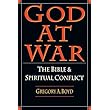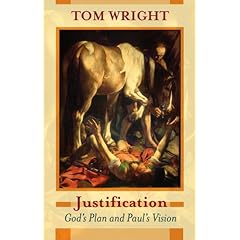I would like to hear your views on this.

The conversion of Reformed, Emergent/ging and Neo-Charismatic reflections on Church, Theology, Spirituality and Culture With the Intention of Deconstructing the Monkey by a 4th generation Kelabit Christian







My favorite verse (out of the whole host of verses): Jn 11:35-Jesus wept.This is probably the shortest of all the verses in the bible. It’s meaningful to me because this is where divinity wrapped in/with humanity showed the face of compassion, indignation, pain, anguish, and horror of humanity struggle with sin and death. I find this a constant reminder that God did have a face to show he cared…the picture of God feeling our anguish.
Anyway I hope you join in the giveaway!


Let me just state that being 'biblically faithful' in weighing matters of the bible is not an easy task. There are many ambiguities for us to deal with. But that said it is not impossible either. (Acts 17:10-11)
What do you think? Are there any more patterns you can conjure?














